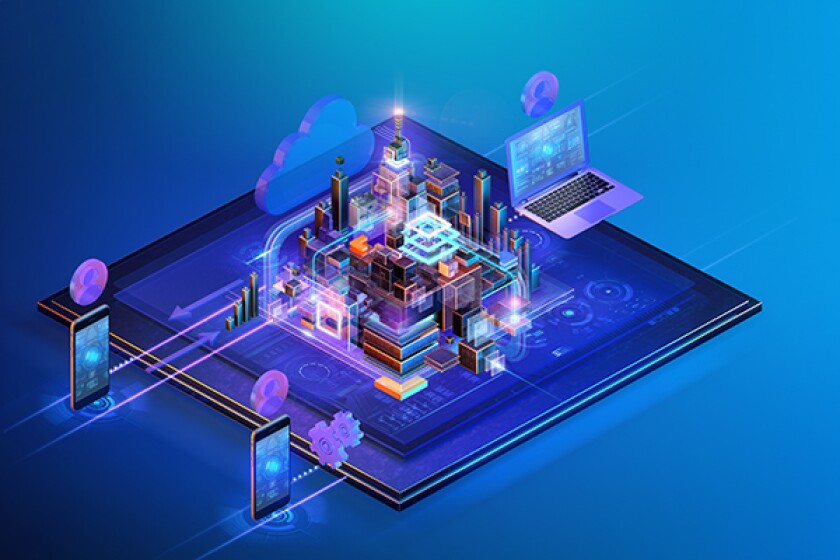The Internal Revenue Service (IRS) has proposed new guidance regarding cloud transactions. This provides rules for classifying a cloud transaction as either a provision of service or a lease of property. In general, a cloud transaction involves access to property or use of property, instead of the sale, exchange, or licence of property, and therefore typically would be classified as either a lease of property or a provision of services. Under the proposed regulations most cloud transactions will be classified as the provision of services.
The proposed regulations define a cloud transaction as a transaction through which a person obtains non-de minimis on-demand network access to computer hardware, digital content, or other similar resources. This definition does not cover the mere download or other electronic transfer of digital content for storage and use on a person's computer hardware or other electronic device.
The proposed regulations provide a non-exhaustive list of factors for determining whether a cloud transaction is classified as the provision of services or a lease of property, including statutory factors described in section 7701(e)(1) and several factors applied by courts that the treasury and the IRS have determined are relevant. These factors include:
Whether the provider has the right to determine the specific property used in the cloud transaction and replace such property with comparable property;
Whether the property is a component of an integrated operation in which the provider has other responsibilities, including ensuring the property is maintained and updated; and
Whether the provider's fee is primarily based on a measure of work performed or the level of the customer's use rather than the mere passage of time.
Proposed regulations were also issued under Treas. Reg. 1.861-18 involving computer program transactions. The preamble states that a cloud computing transaction typically does not involve any transfer of a computer program classified as a transfer of a copyright or copyrighted article or any provision of development services or know-how relating to computer programs or programming. Although some cloud computing transactions may provide similar functionality with respect to computer programs, Treas. Reg. 1.861-18 does not address the provision of online access to use the computer program. Accordingly, Treas. Reg. 1.861-18 would not apply to classify such a transaction. The preamble states that other transactions exist that are not solely related to computing but still involve on-demand network access to technological resources (that is, cloud transactions). Examples include streaming music and videos, transactions involving mobile device applications, and access to data through remotely hosted software.
Fenwick & West













